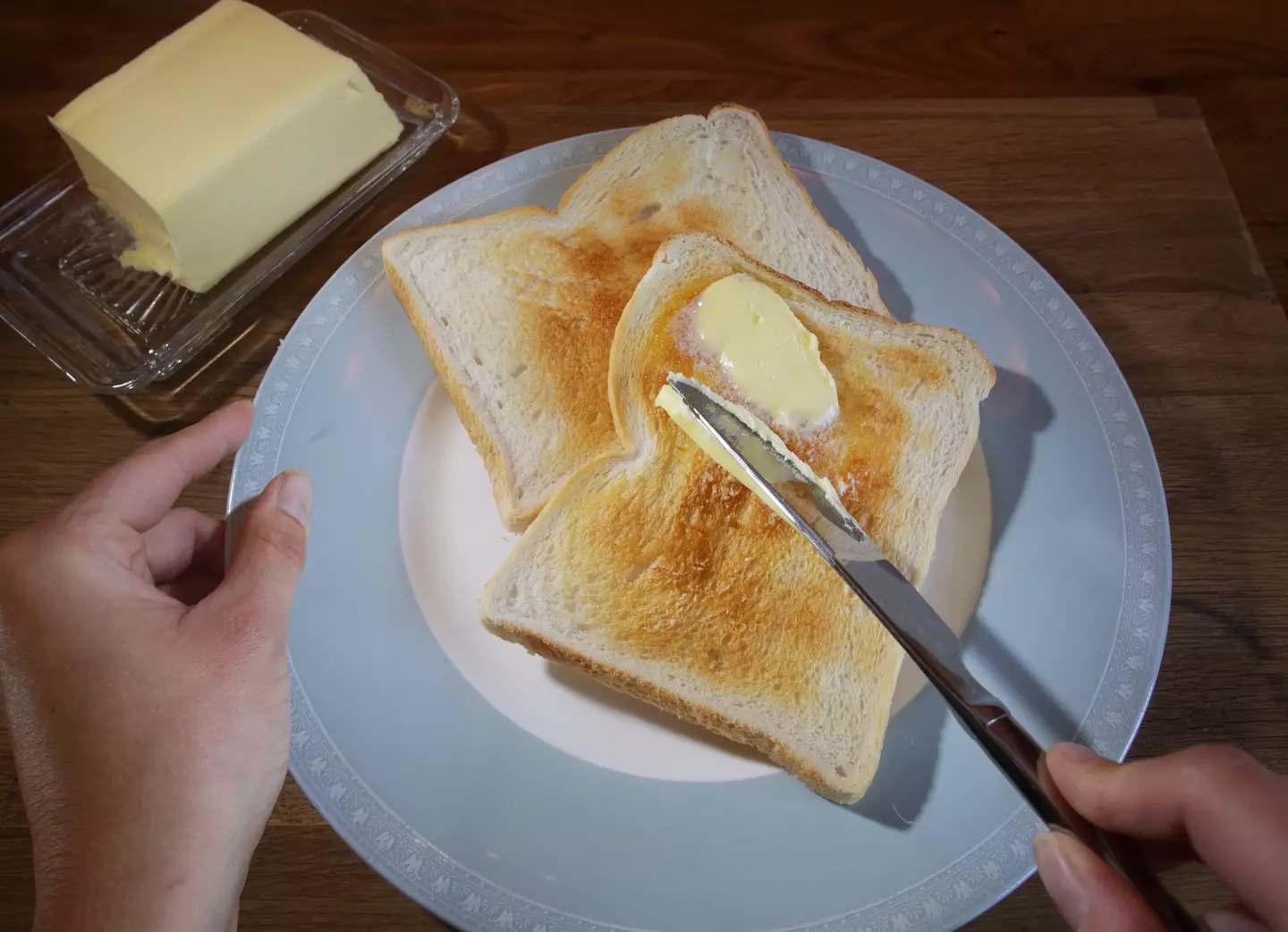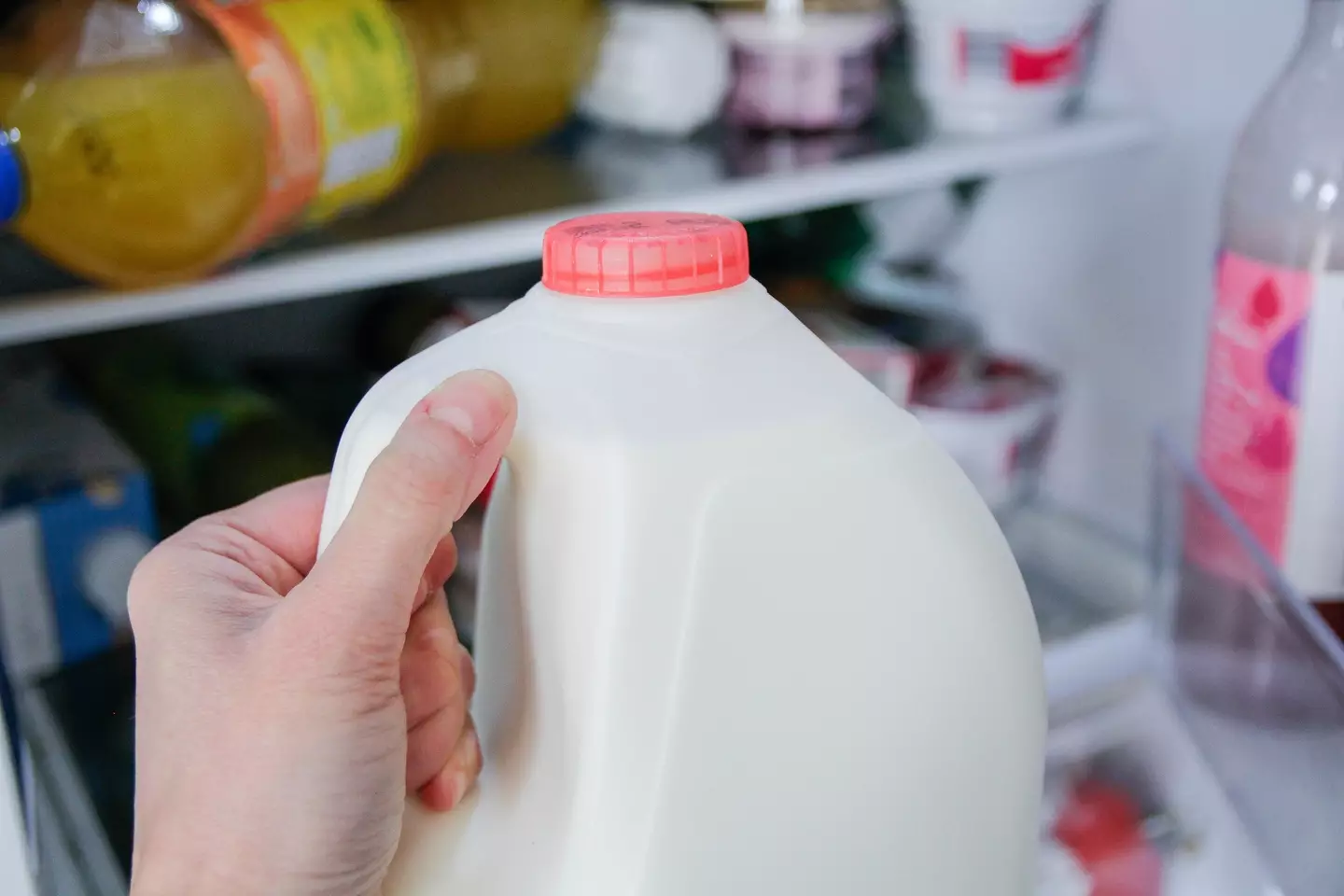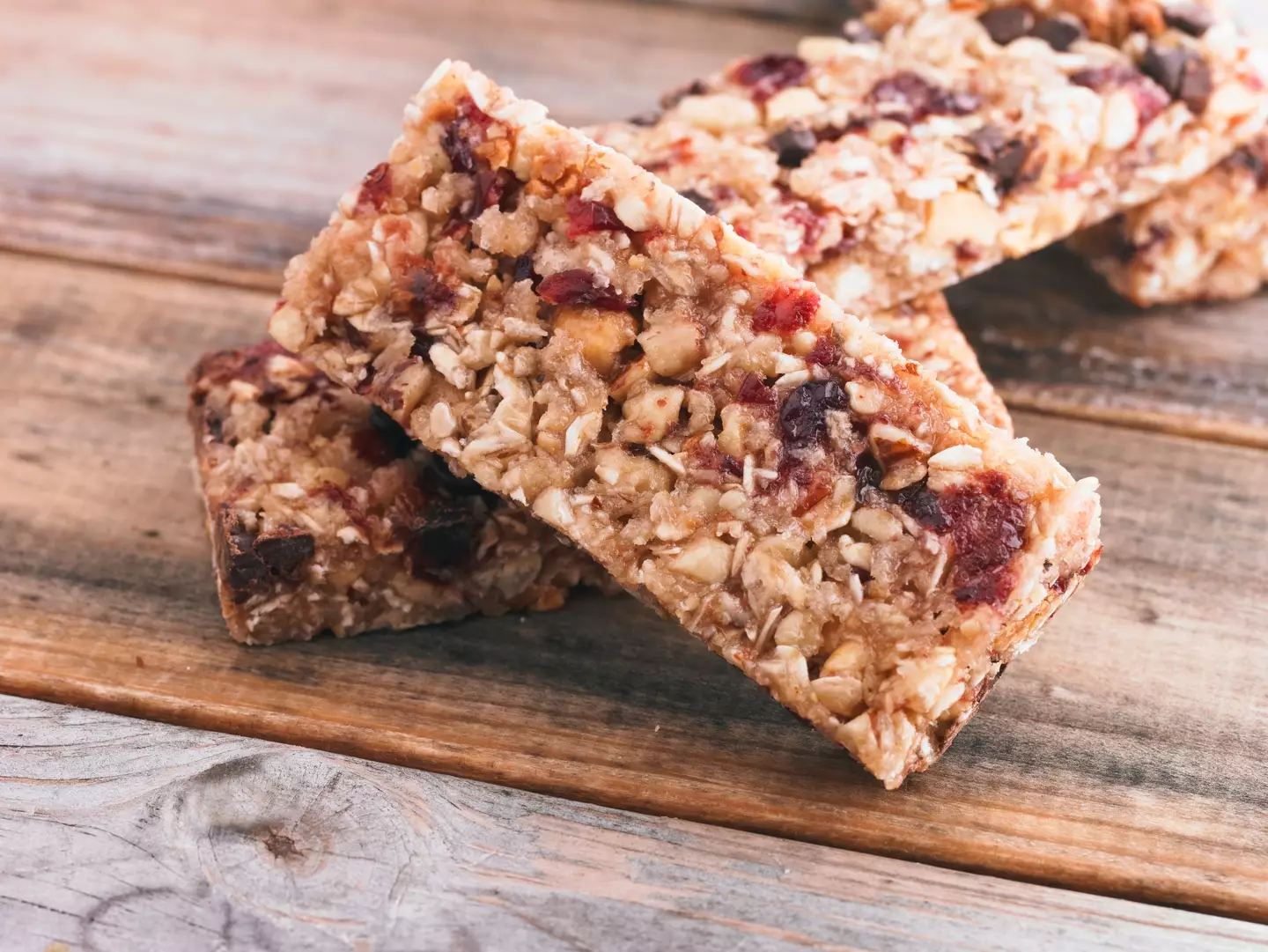
A cardiologist has named five popular foods that she tries to avoid eating day-to-day in order to keep her heart 'healthy'.
If I asked you to name five foods that are 'bad' for you, you probably wouldn't struggle too much.
It's easy for us to quickly jump to conclusions like greasy burgers, fries cooked in vats of oil and sugary treats, but while those kinds of answers wouldn't necessarily be wrong, there are also a number of other, more surprising foods that can have a negative impact on your ticker.
Dr. Elizabeth Klodas, a cardiologist who has treated thousands of patients in her career, has revealed exactly what she tries to avoid and why.
Advert

Bread
I know - this one hurts. Bread is a staple part of many people's days, whether you shove it in the toaster for breakfast or load it up with fillings for lunch.
While most things are okay in moderation, Klodas pointed out in an article written for CNBC that bread and baked goods are some of the biggest contributors of sodium in our diets.
Consuming a high amount of sodium can raise blood pressure, and in turn increase the risks of heart disease and stroke.
However, there are at least some forms of bread that are better for you than others, as Klodas explained that she aims for loaves with visible grains and seeds throughout each slice.
This helps ensure she's getting a good amount of fiber, aiming for at least three grams of fiber per 100 calories.

Margarine
It's not butter, but that doesn't necessarily make it better for you than the original.
Though Klodas noted the amount of trans-fat in margarine has decreased following a 2015 ban by the FDA on partially hydrogenated oils, many of the products are can still have a bad impact on your health due to the inclusion of palm oil.
Palm oil, which can also be found in instant noodles and chocolate, contains high amounts of saturated fats that can raise your cholesterol.
If you're looking for something to spread on your seed-filled toast, Klodas recommends margarine made from olive oil, which contains only minor levels of saturated fat and no trans fats or flax oil.
Skim Milk
Unfortunately, making the move from 'full fat' just isn't quite enough.
Klodas explained that dairy products containing milk are big sources of saturated fatty acids in our diets, and while skim milk is better than the full fat option, the doctor urged people to instead try heart-healthy alternatives like almond, cashew, and macadamia nut milks, which are higher in healthier unsaturated fats.
If you're after a boost of calcium, alternative options include fruits and vegetables like broccoli, kale and oranges, as well as fish like canned salmon.

Diet Soda
*slowly puts down can of diet cola*
It might be labelled as 'diet', but Klodas pointed out that the artificial sweeteners used in place of sugar can have an impact on the important proteins in our gut which help protect against obesity and diabetes.
If you're after a bit of fizz, Klodas recommended sparkling water with fruit and mint. Alternatively, she suggested tea, which is full of compounds which can help fight inflammation and cell damage.

Granola Bars
With their fruit, seeds and nuts, granola bars are often used as a signal of health - but there might be a lot more going on behind those healthier elements.
Many of the popular bars are packed with added sugars, artificial sweeteners and other ingredients, like palm oil - which you already know all about.
Instead, Klodas recommended snacking on raw nuts, or eating oatmeal with dried or fresh fruit.
Topics: Health, Food and Drink